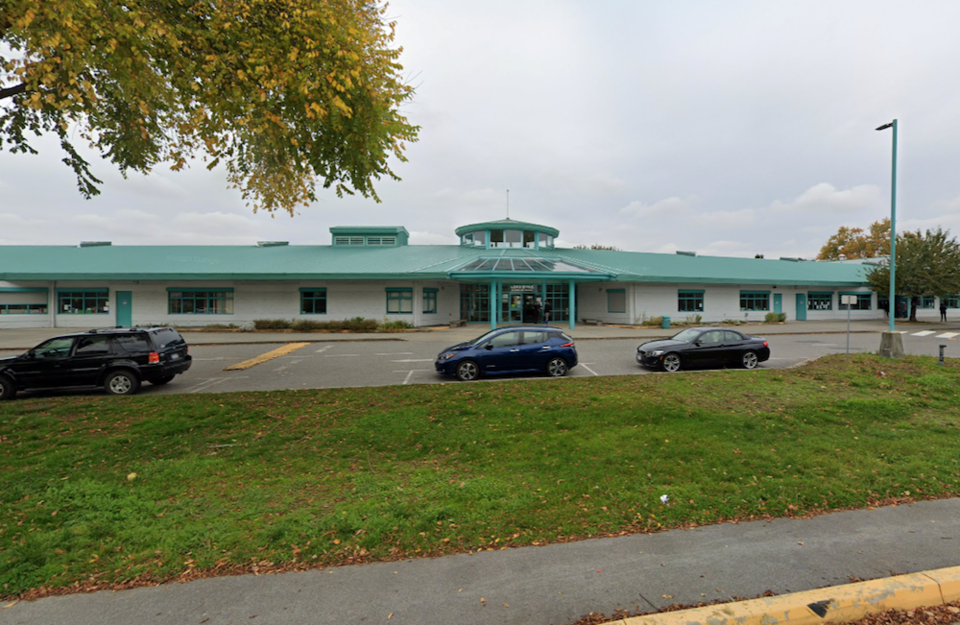Dear Editor,
Re: “School renaming divides opinions,” Letters, Dec. 30.
A handful of residents are pushing to rename schools in Richmond as apparently the high count of schools named after white males is “comical.”
In fact, the idea that changing school names will have a measurable impact on the lives of students would be comical if it wasn’t part of such an obnoxious trend.
Like most activism, the analysis supporting this proposal is pathetically simplistic: simply count things up by race or gender, inevitably find a disparity, assert that everything is all caused by racism and sexism, and then assert that closing the problematic disparity will undoubtedly bring about benefits.
But what measurable outcome is this policy change designed to achieve?
Are we really expecting that changing school names will improve attendance rates, grades or some other meaningful metric?
Is there really a lot of at-risk youth just fired up at the prospect of attending a school named after a Japanese-Canadian?
Has this been effective in other jurisdictions? How much of the disparity is because so many of the children of the McMaths, McRoberts and McNairs felt that Richmond is not actually a place they want to live?
If we don’t expect this will improve students’ lives, we are taking focus away from important priorities.
Unfortunately, too many of us are following a trend that sees antagonism, controversy and resignations as badges of honour and a sign that they are on the right side of history.
Part of the danger of this trend is how politically effective it is: even if these campaigns for cosmic justice fail or even have negative real-world impacts, the activists and politicians will still see a positive benefit to their personal brand.
The most certain outcome of these performative exercises is a public that is more divided, apathetic and distracted from more substantial problems.
Personally, I would prefer Richmond politicians spend their time on housing affordability (i.e., a major reason why you have fewer neighbours named McKay or McNeely), money laundering, and how we can protect young people from our ongoing opioid epidemic.
If a group wants greater representation on public buildings, they should do it the old-fashioned way: make a significant donation.
Joe Billings
RICHMOND



